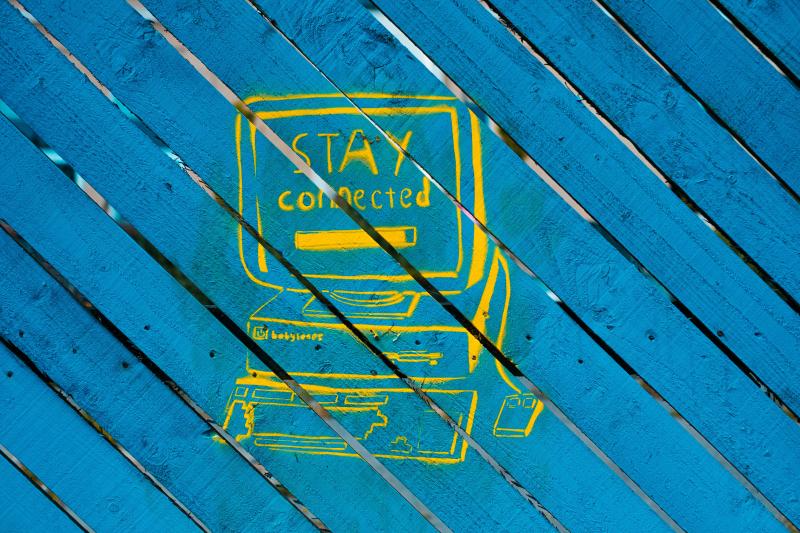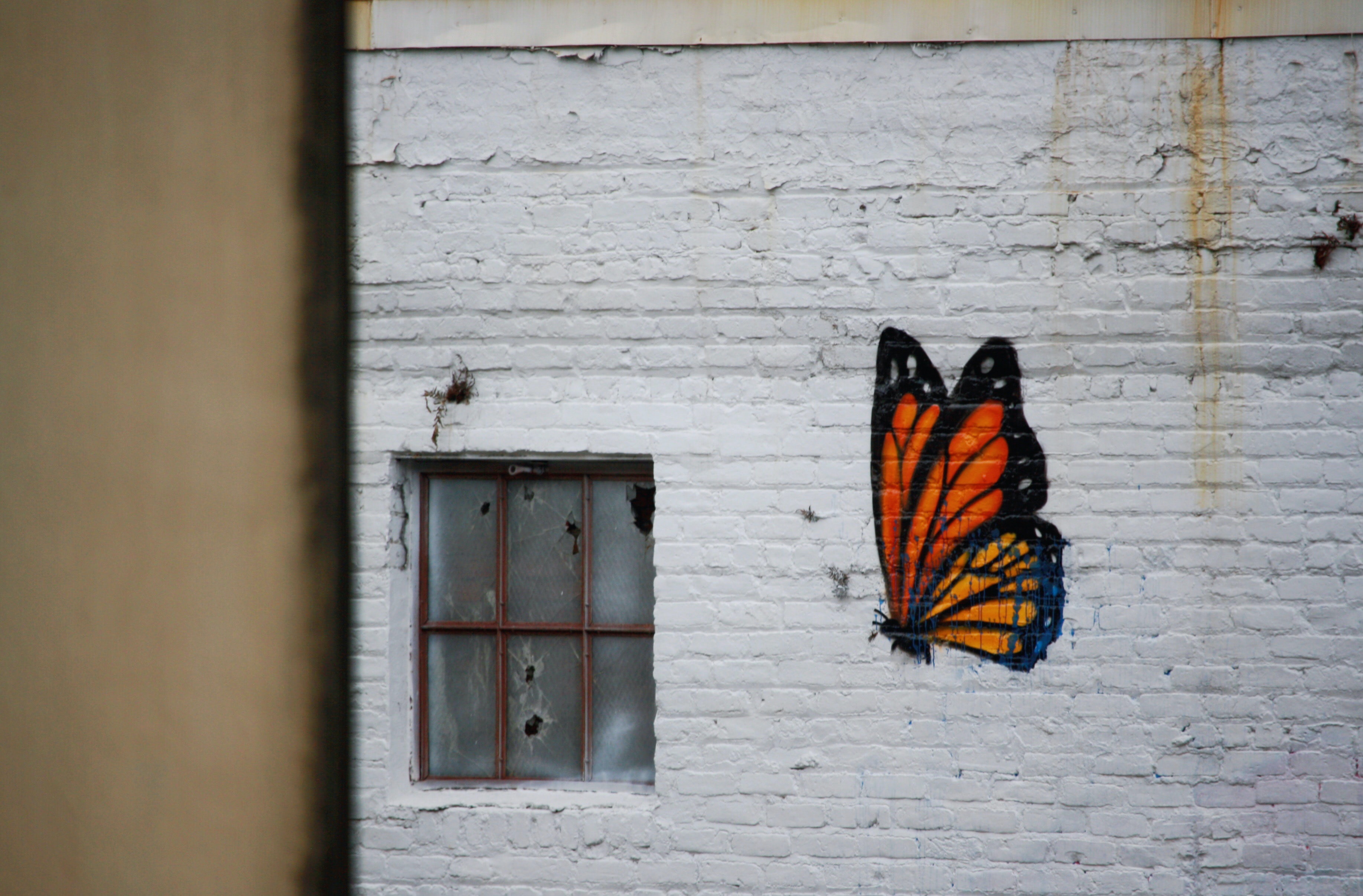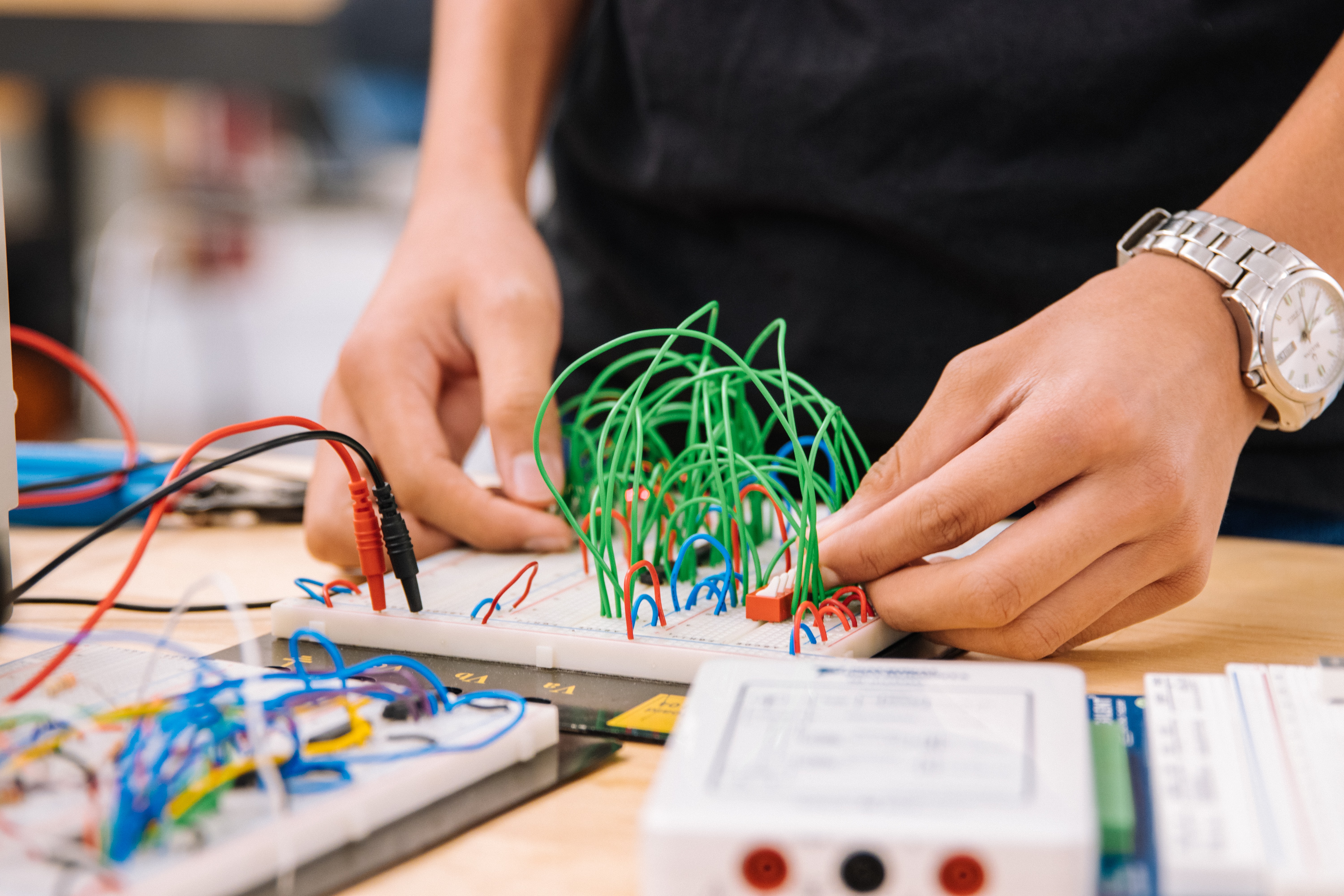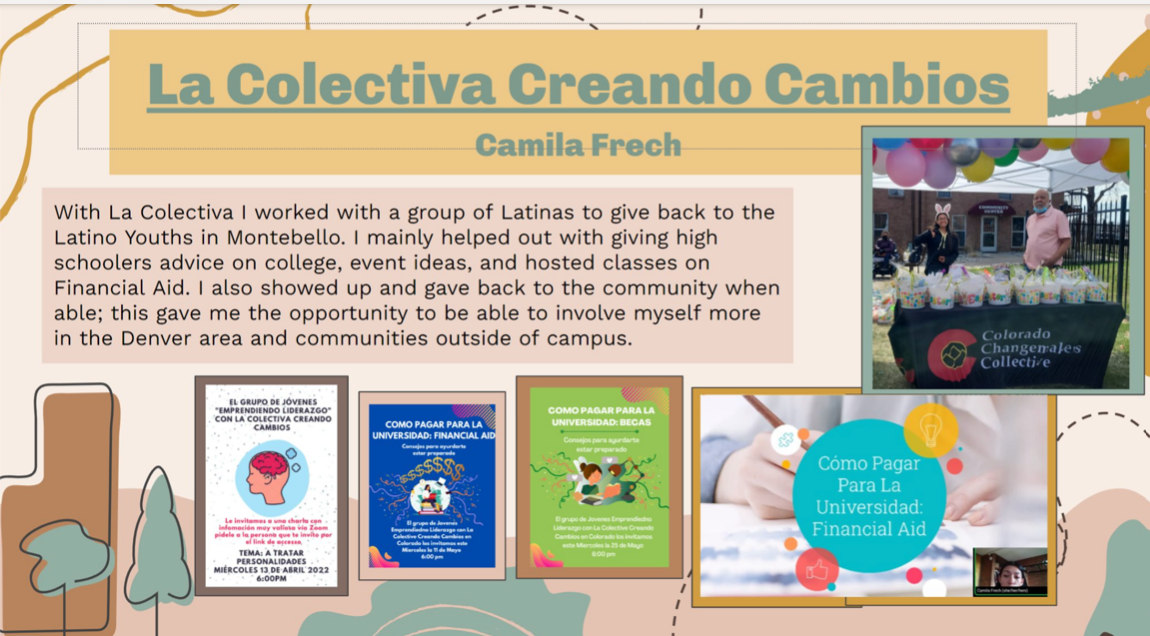Building Connections and Finding Meaning in Our Work
By: Christy Rossi, Psychology

Community-engaged learning creates the opportunity to build connections beyond the typical relationships developed in the classroom. As bandwidth capacity has changed for us all in the past few years, there seems to be an increased need to find meaning in the work we are doing, and to feel that the efforts we expend are worthwhile given limited available resources. With this in mind, the added value of connecting with others that comes with community-engaged learning can become all the more meaningful.
When a student completes a traditional assignment in a course, the opportunity for connectedness is often limited to interactions between the professor and the students in the class. If an assignment focuses on engaging with a broader community, on the other hand, students can develop relationships with others that challenge them to become better listeners, collaborators, and team members. Learning from and communicating with members of a broader community often deepens students’ sense of connection with that community, and this can last beyond the time the students are in the class. In reflecting on their community-engaged learning experiences, students have increasingly shared about an enhanced sense of motivation they feel when they know their work in the class is impacting others rather than being submitted “just for a grade”.
Importantly, the value of building these connections also extends to the members of the community with whom we partner and to the instructor of community-engaged courses. One community partner with whom I worked last year shared that she felt invigorated by the interactions she had with students and found working together with the class toward a common goal to be deeply meaningful. In my own experience as an instructor, the learning I undertake to connect with community partners and align community engagement with course objectives ultimately allows me to observe how these efforts prepare students to contribute importantly to their current and future communities.
My participation in the Engaging Onward Community of Practice cohort last year reaffirmed the value of the relationship-building that comes with community-engaged teaching. By meeting regularly with other individuals who focus on and value community-engagement, I had the chance to share ideas, reflect upon previous experiences, and develop plans for future community-engaged work. Having this new community of peers provided a chance for me to explore multiple approaches to address challenges and to celebrate successes. This sense of connection supported me in ways that echo what students have shared about their experiences, and helped to reinforce my commitment to impacting the community through the courses I teach.


